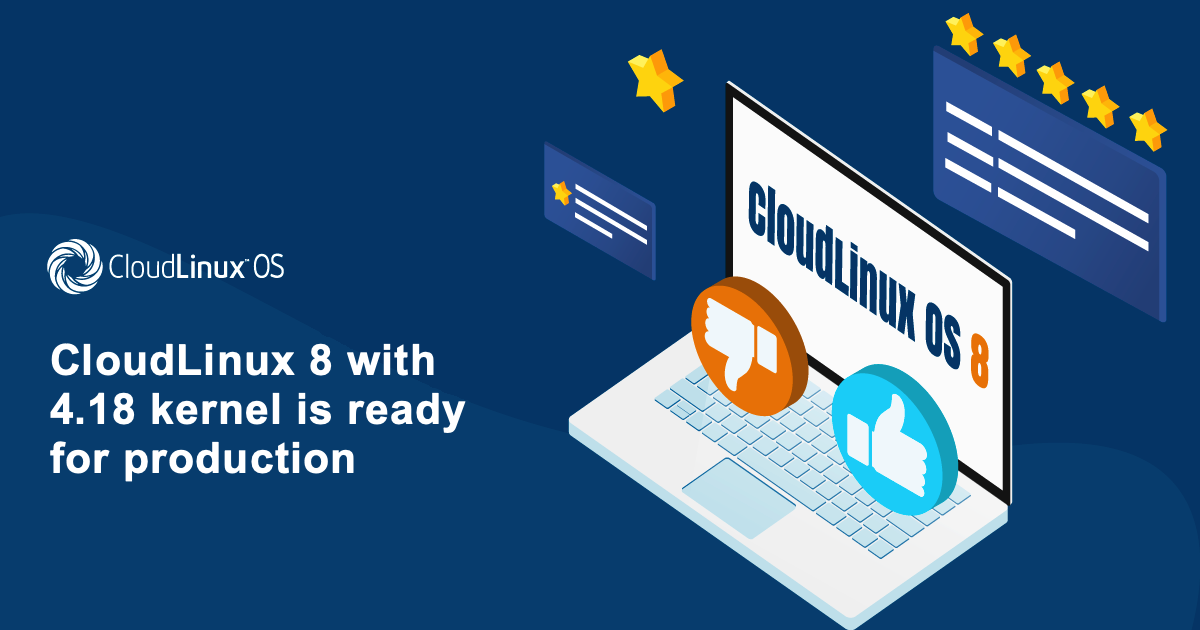Ok for anyone who wants to get docker working here are the following steps i did to get it to work
View attachment 16549
PLEASE NOTE THIS IS A WORKAROUND AND YOU DO SO AT YOUR RISK ( Also note this is for Plesk obsidian centos 8 )
in the terminal, if you have already installed the Plesk docker extension the remove it
plesk bin extension --uninstall docker
now let's install the repo
dnf config-manager --add-repo=
https://download.docker.com/linux/centos/docker-ce.repo
now let's install docker
dnf install docker-ce --nobest -y
now let's start it and enable it
systemctl start docker
systemctl enable docker
ok now lets install the plesk docker extension
plesk bin extension --install docker
now lets add root the to the docker group
usermod -aG docker root
now let's retart docker
systemctl restart docker
now lets chmod the sock
chmod 666 /var/run/docker.sock
(edit here extra steps it would seem you have to do the following after the above or it will stop working eventually)
rm /etc/yum.repos.d/docker-ce.repo
dnf clean all
dnf update
now log into the Plesk control panel open the docker and all is good its working
but you need to complete one last thing otherwise every time you reboot you will need to run chmod 666 /var/run/docker.sock
go to tools and settings/ scheduled tasks and add the following
task type = run a command
command = chmod 666 /var/run/docker.sock
run = cron style =
@Reboot
now reboot the machine if when it boots up you login to the panel and you access docker and you receive no permission denied then you have successfully followed these instructions and you now have docker on Plesk centos8
every time you add another user to the docker group make sure you do the repeat all the steps from add user to docker group down particular chmod 666 /var/run/docker.sock or you will receive a permission denied when you tried to access the docker page in the control panel
I hope this helps if you have any question i will try to answer them and give support
Kirk Macdonald

 blog.cloudlinux.com
blog.cloudlinux.com

 blog.cloudlinux.com
blog.cloudlinux.com
